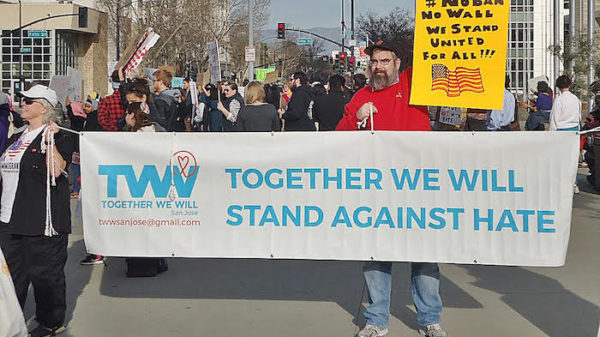Magazine, Immigration, Amsterdam News
The United Nations Committee on the Elimination of Racial Discrimination (CERD) last week put the U.S. government in the hot seat as it asked poignant questions about the country’s racially discriminatory immigration practices, particularly those impacting non-citizens of African descent—mainly people from Africa and the Caribbean.
CERD is an international human rights treaty that prohibits discrimination on the basis of race, color, descent, or national or ethnic origin. The United States signed the International Convention on the Elimination of All Forms of Racial Discrimination (“ICERD” or “Convention”) in 1966. The United States finally ratified the Convention in 1994 and first reported on its progress in implementing the Convention to the Committee on the Elimination of Racial Discrimination (“CERD” or “Committee”) in 2000. The government submitted its latest report to the United Nations in June 2021 after the Trump administration failed to file any reports and violated the United States’ obligations to comply with the treaty.
On Aug. 11 and Aug. 12, CERD members, referencing a well-documented history of suffering and human rights abuses at the U.S.-Mexico border and in immigration detention centers throughout the country, asked the U.S. delegation about concrete measures taken to guarantee free and effective access to asylum.
The CERD Committee also questioned U.S. efforts to eliminate racially biased detention practices and laws that particularly harm Black immigrants when compared to other racial groups, keeping them detained for longer periods of time and subjecting them to harsher treatment in immigration detention, including the highest rates of solitary confinement and other forms of torture.
U.N. representatives also raised questions regarding excessive use of force by Customs and Border Patrol (CBP) and Immigration and Customs Enforcement (ICE) against Haitian and Cameroonian migrants and the racially inequitable application of Title 42 exemptions—particularly when compared with Ukrainian nationals.
They asked about the systemic targeting of Black immigrants for collective expulsions without access to humanitarian protection, and the devastating impact of the 287(g) program, which relies on racist state and local criminal legal policing to impose the harshest federal immigration penalties.











